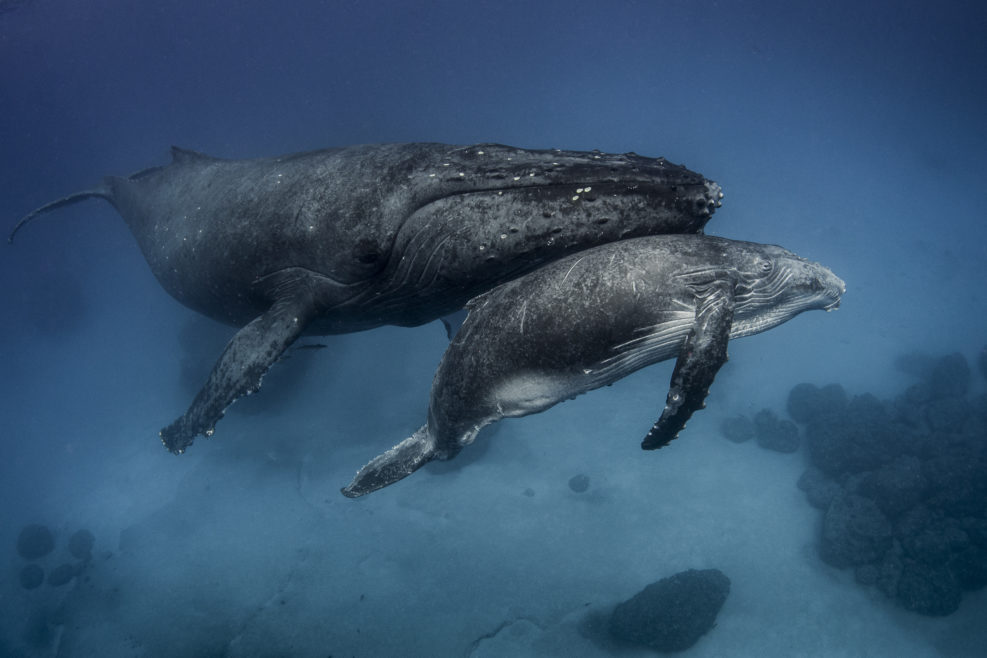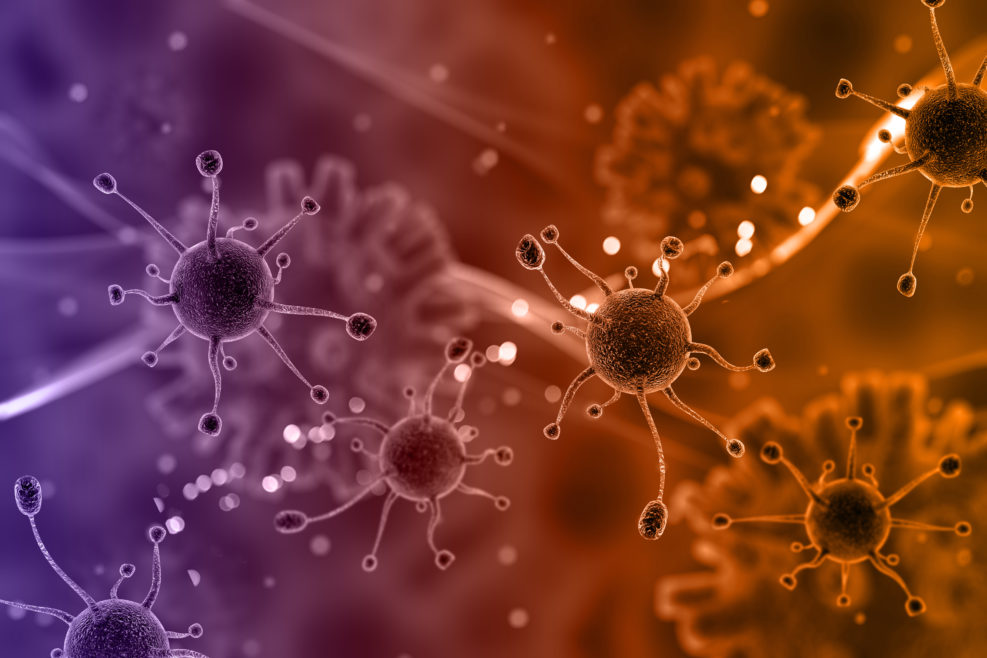
The Physicality Of Data And The Road To Personal Data Ownership
“The Physicality Of Data And The Road To Personal Data Ownership” was originally published by Forbes, July 2, 2021. David Kruger is co-founder and VP of Strategy for Absio Corporation, and a co-inventor of Absio’s Software-defined Distributed Key Cryptography (SDKC). This article is the first in a series on the physicality of data. I’ll follow up with additional installments of this series over the next several weeks, so check back to see those as they become available. All of us tend to conflate the word “data” with the word “information.” Usually, that’s OK, but collapsing data on a computer and information into one thing rather than two separate things makes thinking accurately about data ownership difficult. Here’s why: Information is Read More ›


















